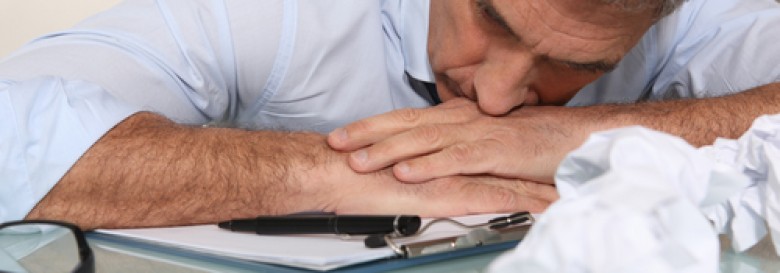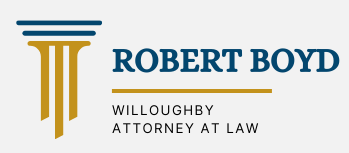Chapter 13 Bankruptcy, what is bankruptcy in Ohio ?

Chapter 13 Bankruptcy is available for individuals and sole-proprietor businesses that have fallen into debt and are struggling to meet all of their obligations.
The General Principle
With Chapter 13 bankruptcy, you have the opportunity to reduce your debt and retain all of your property. This type of bankruptcy is typically called a “reorganization.”
Who Can File for a Chapter 13 Bankruptcy?
Any individual or sole proprietor who owes less than $383,175 in unsecured debt and less than $1,149,525 in secured debt can file for a Chapter 13 Bankruptcy. There are no income caps, but you must have a job or monthly income to qualify.
What Kind of Debt Can Be Lowered or Discharged in Chapter 13?
During a Chapter 13 bankruptcy, you can have all or some of your unsecured debt like credit card and medical bill debt discharged. It’s also possible to have the amount that you owe on secured debts like mortgages and car loans reduced. Student loans cannot be discharged with Chapter 13.
How Does Chapter 13 Bankruptcy Work?
When you file for Chapter 13 bankruptcy, you will be required to pay back a portion of the debt that you owe. The amount can vary from nothing to 100 percent of the total amount and will depend on the amount that you owe, what types of debts you have, what your income is and what your expenses are. You will not be required to pay the entire amount at once. Instead, the trustee will set up a payment plan that will include a monthly payment amount that will be more affordable than your current monthly debt payments.
How Long Does It Take to Receive a Discharge of Your Debt?
Your remaining debt will be discharged once you make all of the payments that are required by the payment plan agreement. This is usually within 3 to 5 years of when you file.
What Are the Benefits of Chapter 13 Bankruptcy?
The benefits of Chapter 13 bankruptcy are that if your plan is approved, you may keep all of your property. This type of bankruptcy can also help you avoid foreclosure of your home and car repossession. As an added benefit, you can still qualify for Chapter 13, even if you make too much money to file through Chapter 7.
What Are the Drawbacks to Chapter 13 Bankruptcy?
The largest drawback of Chapter 13 bankruptcy is that you will have to make payments as a part of the process. You won’t be able to simply wipe the slate clean and get an immediate fresh start as you can with Chapter 7.
Interested in learning more about Chapter 13 bankruptcy? Attorney Robert A. Boyd can help. As an experienced bankruptcy attorney in Willoughby, Ohio, who has helped area residents with bankruptcy filings for more than 25 years, Bob can answer all of your questions and help you decide if Chapter 13 is the right option for your needs. Contact his office today to schedule a free consultation.
